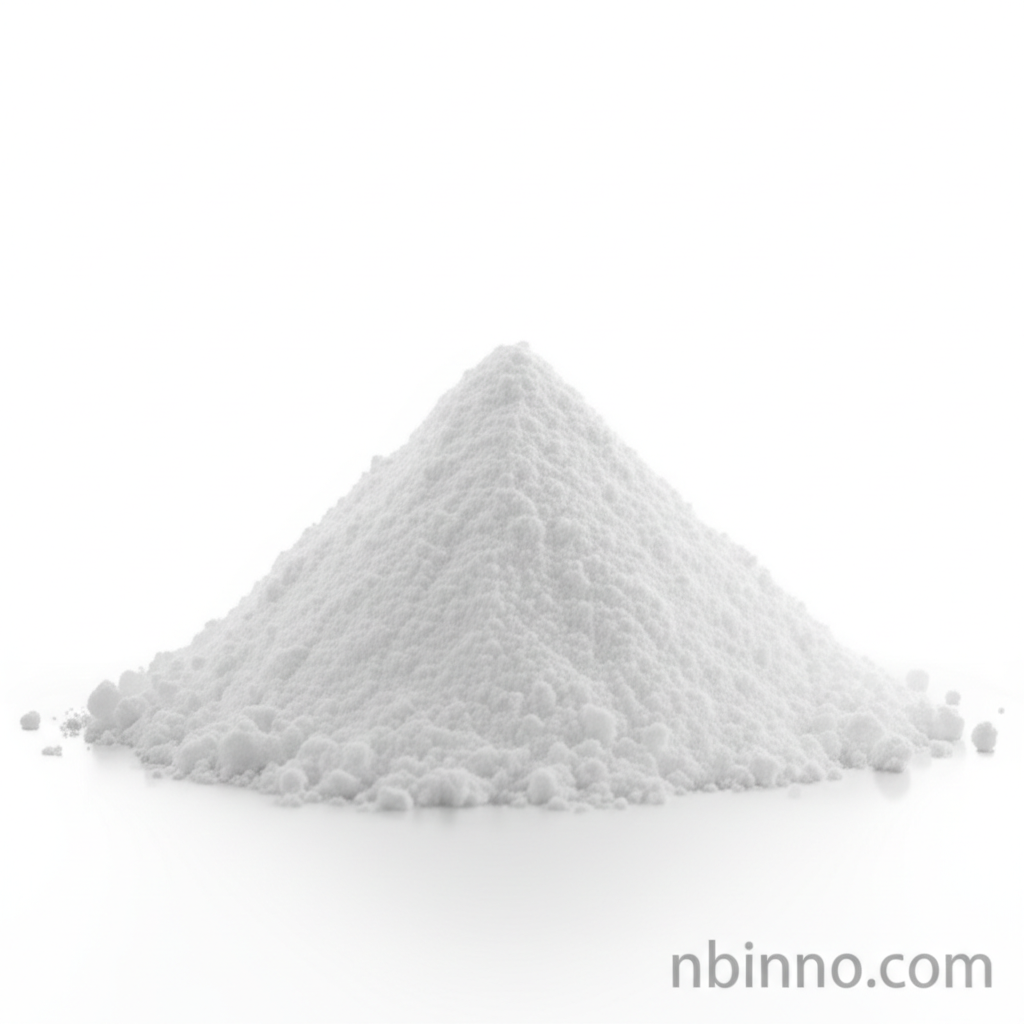Understanding Medetomidine Hydrochloride: Properties, Applications, and Safety Considerations
Your comprehensive guide to Medetomidine Hydrochloride's role in veterinary care and public health awareness.
Get a Quote & SampleProduct Core Value

Medetomidine Hydrochloride
Medetomidine Hydrochloride (CAS 86347-15-1) is a highly effective alpha-2 adrenergic agonist, primarily recognized for its significant role as a sedative and analgesic in veterinary medicine. Its ability to induce deep sedation, reduce anxiety, and provide pain relief makes it invaluable for various animal care procedures, particularly during surgeries and examinations. The compound's high purity, often exceeding 99%, ensures reliable and potent effects when used under controlled conditions.
- Explore the critical medetomidine hydrochloride veterinary use and its applications in ensuring animal welfare during medical procedures.
- Discover the chemical identity of Medetomidine Hydrochloride CAS 86347-15-1 and its molecular properties that contribute to its pharmacological activity.
- Understand how this potent alpha-2 adrenergic agonist sedative works by interacting with specific receptors in the nervous system.
- Learn about the significant concerns surrounding medetomidine hydrochloride as a drug adulterant and the associated public health risks.
Advantages and Key Considerations
Veterinary Efficacy
Medetomidine Hydrochloride is renowned for its efficacy in providing deep sedation and effective analgesia in animals, facilitating safer and less stressful veterinary procedures. This makes it a cornerstone in small animal practice.
High Purity Standards
With purity levels typically exceeding 99%, Medetomidine Hydrochloride meets stringent quality requirements, ensuring consistent performance and reliability for its intended applications. This aligns with the need for medetomidine hydrochloride properties crucial for accurate dosage and effect.
Controlled Substance Management
Understanding the potential for misuse, such as its role as an illicit drug adulterant, highlights the importance of secure supply chains and responsible handling. This also informs better medetomidine hydrochloride overdose management strategies.
Key Applications
Veterinary Sedation
Used extensively to sedate animals for examinations, minor surgical procedures, and diagnostic imaging, ensuring patient comfort and procedural efficiency. This is a primary aspect of its medetomidine hydrochloride veterinary use.
Veterinary Analgesia
Provides effective pain relief during and after veterinary procedures, contributing significantly to animal welfare and recovery. Its analgesic properties are a key component of its pharmacological profile.
Pharmaceutical Research
Serves as a vital compound in pharmaceutical research, aiding studies into adrenergic receptor agonists and their effects, contributing to the understanding of medetomidine hydrochloride synthesis pathways and novel applications.
Chemical Safety Awareness
Raising awareness about the compound's presence in the illicit drug market underscores the importance of safe transportation chemical supply and adherence to strict regulatory guidelines.
